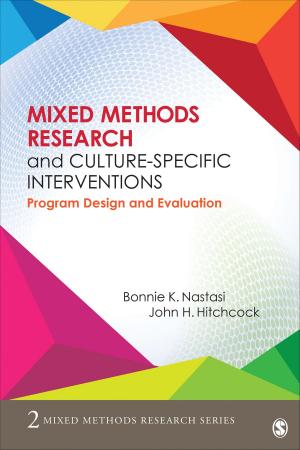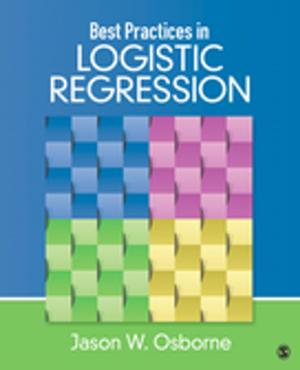The Intelligent Person's Guide to Good Governance
Nonfiction, Social & Cultural Studies, Political Science| Author: | Surendra Munshi, Biju Paul Abraham, Soma Chaudhuri | ISBN: | 9789352802135 |
| Publisher: | SAGE Publications | Publication: | March 17, 2009 |
| Imprint: | Sage Publications Pvt. Ltd | Language: | English |
| Author: | Surendra Munshi, Biju Paul Abraham, Soma Chaudhuri |
| ISBN: | 9789352802135 |
| Publisher: | SAGE Publications |
| Publication: | March 17, 2009 |
| Imprint: | Sage Publications Pvt. Ltd |
| Language: | English |
As good governance becomes more and more important with societies all over adjusting to the reality of the emerging world, the good governance discourse paradoxically seems to be exhausting itself. This is the time to revive it.
The Intelligent Person's Guide to Good Governance is unique in that it takes the discourse on governance beyond its self-inflicted narrow perspective by providing an integrated treatment of various relevant issues, for example, the role of the state or the idea of civil society. In carrying out a lucid analysis of a fluid concept, this book offers a 'one-stop' resource for understanding the subject. The central argument of the book that any serious engagement with good governance must go beyond an exclusive reliance on the state or the market and explore different modes of partnerships, including public participation, is relevant and indeed timely in the present crisis.
This book will interest all those concerned with the issues of governance. It will be particularly useful to students and research scholars in the fields of social sciences, management, administration and commerce.
As good governance becomes more and more important with societies all over adjusting to the reality of the emerging world, the good governance discourse paradoxically seems to be exhausting itself. This is the time to revive it.
The Intelligent Person's Guide to Good Governance is unique in that it takes the discourse on governance beyond its self-inflicted narrow perspective by providing an integrated treatment of various relevant issues, for example, the role of the state or the idea of civil society. In carrying out a lucid analysis of a fluid concept, this book offers a 'one-stop' resource for understanding the subject. The central argument of the book that any serious engagement with good governance must go beyond an exclusive reliance on the state or the market and explore different modes of partnerships, including public participation, is relevant and indeed timely in the present crisis.
This book will interest all those concerned with the issues of governance. It will be particularly useful to students and research scholars in the fields of social sciences, management, administration and commerce.















